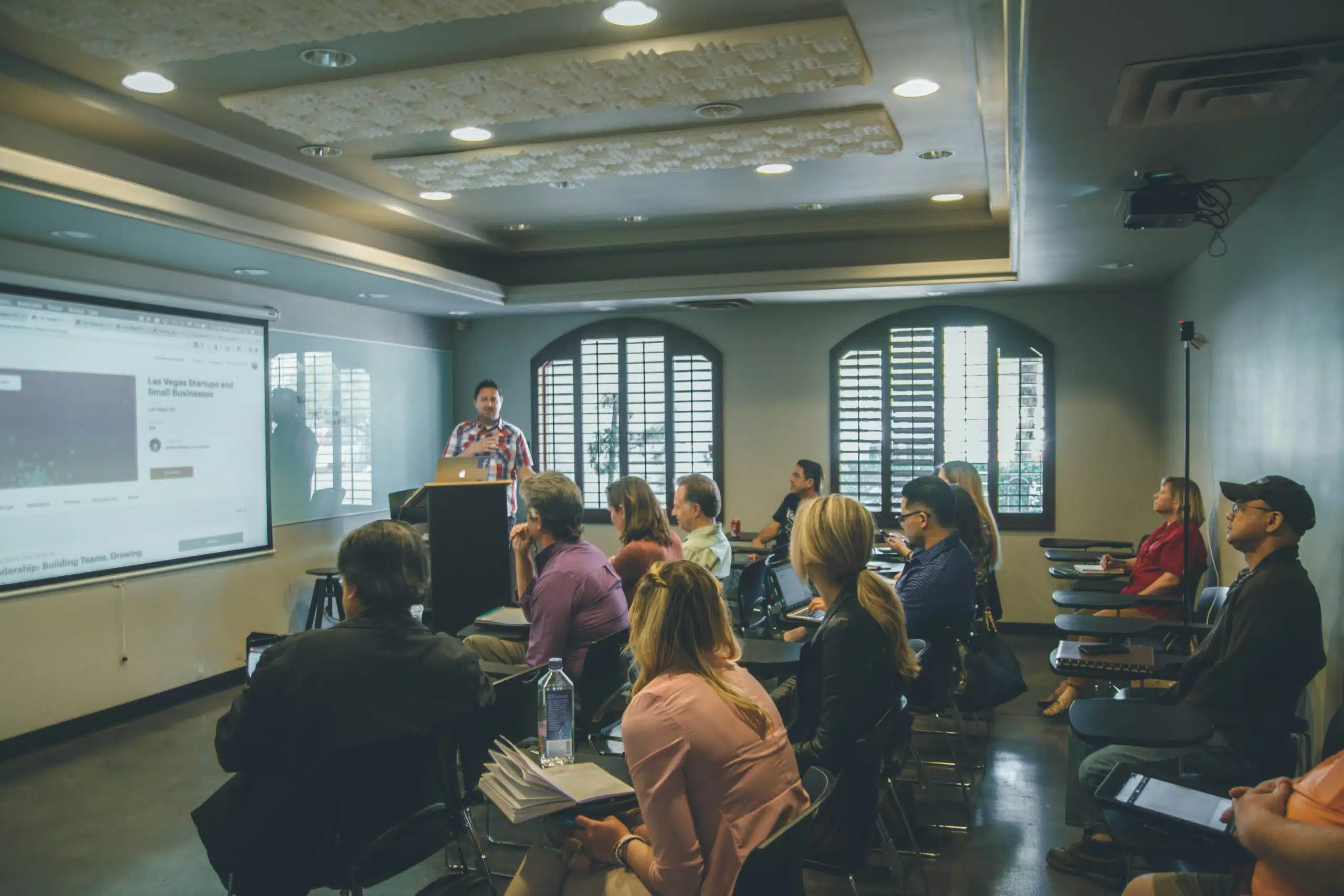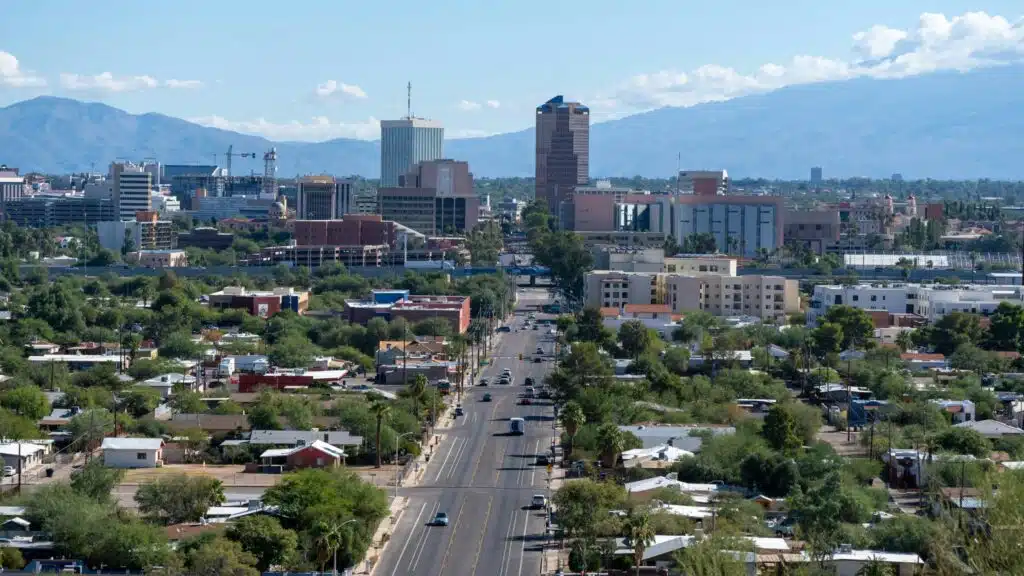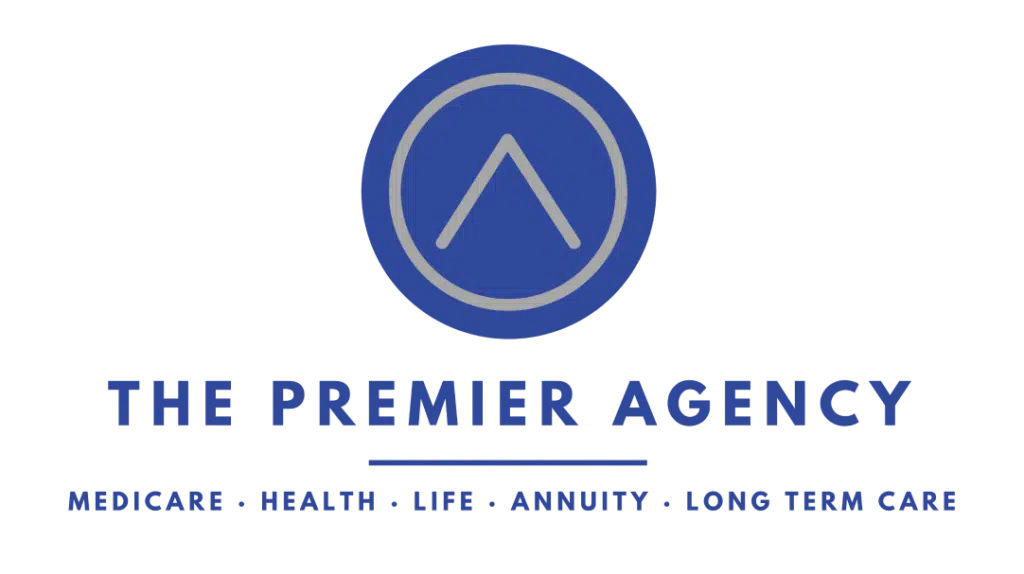To effectively increase Medicaid enrollments in Phoenix, a multipronged approach is essential, reaching out to diverse groups via telephone campaigns, clarifying health policy intricacies, and deploying virtual assistants for information dissemination. Understanding the local law and its implications on the Arizona Health Care Cost Containment System elevates an organization’s ability to guide individuals through the complex enrollment terrain. By addressing these elements, stakeholders can ensure a smoother transition for residents into adequate health coverage. Keep reading to discover actionable strategies to transform the effectiveness of Medicaid enrollment drives in Phoenix.
Key Takeaways
- Phoenix Health Professionals Use Data to Target Medicaid Enrollment Gaps in Specific Demographics
- Strategic Partnerships With Local Nonprofits and Faith-Based Organizations Enhance Medicaid Accessibility
- Innovative Use of Technology, Including Mobile Apps and Social Media, Streamlines the Medicaid Enrollment Process
- Educational Initiatives and Community Events Play a Critical Role in Improving Health Literacy for Medicaid
- Ongoing Evaluation of Outreach Impact Through Surveys and Data Analytics Ensures Continuous Improvement of Enrollment Strategies
Identifying Key Demographics for Targeted Outreach

As Phoenix navigates the landscape of healthcare coverage, technology becomes a vital tool in pinpointing where Medicaid resources are most needed. By delving into the city’s population data, experts can uncover specific areas where enrollment gaps exist, fostering a more focused approach. Clinics and healthcare professionals are gearing up to address these coverage disparities, especially among vulnerable populations that might be grappling with barriers like unemployment or the impact of violence on access to healthcare services. The strategy unfolds by addressing social determinations of health – those economic and societal conditions that shape well-being – ensuring efforts to expand Medicaid reach those who need it most.
Analyzing Phoenix’s Population Data for Medicaid Gaps
Scrutinizing Phoenix’s population figures reveals distinct areas where Medicaid enrollment is lacking, with key groups less likely to have health insurance, such as those in foster care or families eligible for WIC. Health experts are now using these insights to cultivate initiatives designed to fill these voids, realizing the governor’s vision of improved health insurance coverage. The emphasis is on ensuring that adequate Medicaid support and education reach communities where the need for financial aid, like cash assistance programs, is most critical:
- Distributing information on Medicaid eligibility and benefits at local WIC offices
- Partnering with foster care agencies to aid transitioning youth into stable health care plans
- Collaborating with the governor’s office to align state health policy with Medicaid expansion efforts
- Implementing outreach programs in neighborhoods with lower health insurance enrollment rates
Prioritizing Outreach to Vulnerable Groups
In Phoenix, where the shadow of the pandemic still lingers, Medicaid enrollment efforts are pivoting towards those on the margin, like individuals with visual impairment or those without steady income. By incorporating telehealth services, specialists aim to transcend the physical barriers that often discourage or prevent these groups from seeking aid through programs like temporary assistance for needy families. Meanwhile, outreach advocates are seizing opportunities such as income tax preparation events to inform and assist the financially unstable in accessing the necessary benefits.
Utilizing Social Determinants of Health to Guide Strategy
With an eye on the social factors that influence health outcomes, Phoenix’s campaign taps into the insights provided by the Arizona Department of Economic Security. Tailoring their strategy, they focus on those affected by income instability and the unique needs of caregivers, amplifying the appeal of Medicaid. This approach, rich in innovation, enables the creation of targeted programs that acknowledge and address the complex web of economic and social determinants impacting health insurance coverage.
| Demographic | Strategy | Barrier |
|---|---|---|
| Caregivers | Outreach at caregiver support groups | Time constraints |
| Low-Income Families | Information sessions at community centers | Income instability |
| Unemployed Individuals | Enrollment drives at job fairs | Lack of health benefit access |
Collaborating With Local Community Organizations

In Phoenix, where the cost of healthcare is a concern for many, local nonprofits are forming strategic partnerships to make Medicaid more accessible. These partnerships are essential as they provide certification assistance to help people navigate the complex requirements of Medicaid enrollment. Faith-based groups are also getting involved, reaching out to diverse communities to expand the program’s reach. In addition, integrating Medicaid sign-ups with existing community services simplifies the process, making it easier for people to get reimbursement for medical expenses. These strategies aim to integrate Medicaid enrollment into Phoenix’s support systems, ensuring that no eligible resident goes without vital coverage.
Partnering With Phoenix-Based Nonprofits
By joining forces with Phoenix-based nonprofits, the drive to enroll residents in Medicaid taps into a network that is intimately familiar with community needs. These organizations become central nodes, linking potential enrollees with the health insurance marketplace, where they can find plans that suit their financial and health requirements. Not only do these partnerships facilitate payment assistance for those in need, but they also provide vital tax-related support, turning nonprofits into a valuable asset in the mission to broaden healthcare access.
| Nonprofit Organization | Service Offered | Community Impact |
|---|---|---|
| Financial Aid Group | Payment and tax assistance | Helps low-income families afford healthcare |
| Community Health Advocates | Guidance through the health insurance marketplace | Increases informed health insurance choices |
| Family Support Network | Medicaid enrollment workshops | Provides resources to stabilize healthcare for families |
Engaging Faith-Based Organizations for Broader Reach
In Phoenix, engaging faith-based organizations breathe new life into Medicaid enrollment initiatives. Offering volunteers training on the nuances of Medicaid and Medicare Advantage ensures they can effectively guide their communities through enrollment. At the same time, these groups, often already running food banks and welfare programs, become convenient and trusted centers for distributing Medicaid information in PDF form to those in need.
- Training by Medicaid experts empowers volunteers at faith-based organizations.
- Integrating Medicaid enrollment support alongside food bank services reaches a diverse audience.
- Distributing informational PDFs at welfare events ensures vital coverage information is widely accessible.
Integrating Medicaid Enrollment With Existing Community Services
In Phoenix, the push for increased Medicaid enrollment gains momentum as it intertwines with services offered under the Affordable Care Act. By forging a contract with nursing home facilities and other healthcare providers, experts can use existing community networks to present Medicaid options, simplifying enrollment. Access to data allows these organizations to identify and reach out to those who are most in need and often already engaged with community services.
Leveraging Technology for Efficient Enrollment Processes

In Phoenix, there is a drive to ensure that all residents, including expectant parents, people living with disabilities, and those facing language barriers, have access to Medicaid, and this effort is now incorporating technological innovation. Modern outreach strategies focus on creating user-friendly online platforms to simplify enrollment from any device. Additionally, custom mobile apps for on-the-go enrollment are being developed to make it easier for people to sign up at their convenience. Moreover, targeted social media campaigns are used to effectively reach the community. Furthermore, efforts to integrate processes like the waiver application into these digital solutions highlight the city’s commitment to comprehensive and inclusive healthcare outreach.
Implementing User-Friendly Online Enrollment Platforms
In the heart of Phoenix, health professionals and tech developers collaborate to create online Medicaid enrollment portals that are intuitive, secure, and built to earn users’ trust. Recognizing the digital divide, they ensure these platforms are accessible to all, including those facing workforce challenges, lacking internet proficiency, or dealing with substance abuse, which may hinder the conventional enrollment process.
Utilizing Mobile Apps for on-the-Go Enrollment
In Phoenix, the era of waiting in lines and faxing documents for Medicaid services is fading, thanks to the advent of mobile apps that enable community members to enroll from their smartphones easily. These apps cater to patients seeking convenience, allowing clients to securely submit their information and manage their Medicaid benefits with a few taps on their devices.
Enhancing Outreach Through Social Media Campaigns
In Arizona, Medicaid enrollment strides forward as social media campaigns directly engage customers, serving tailored information that reinforces community health messages. These campaigns, often seen as a bridge between economic security and accessible care, play a pivotal role in demystifying health coverage for Phoenix’s residents, inviting them into a conversation about the benefits and processes associated with Medicaid.
Educating the Community Through Workshops and Seminars

In Phoenix, a proactive approach to Medicaid enrollment involves enriching the community’s understanding of healthcare through various educational initiatives. Organizing complimentary events at local community centers allows for in-depth discussions on topics ranging from nutrition to mental health, delivering valuable insights into maintaining a balanced lifestyle. Recognizing the impact of digital connectivity, virtual webinars offer the flexibility of remote access, enabling residents to engage with healthcare professionals and policy experts from the comfort of their homes. To further supplement this knowledge-sharing, strategically placed informative materials tackle frequently asked questions, supported by authoritative resources like the Kaiser Family Foundation, ensuring that every individual has the necessary tools to navigate the Medicaid system effectively.
Organizing Free Educational Events in Community Centers
In Phoenix, the community’s engagement with Medicaid enrollment is taking a significant leap forward by establishing free educational events hosted at community centers. Anchored within each zip code, these informative gatherings harness the power of information technology to clarify the intricacies of Managed Care and Health Maintenance Organizations. By bringing light to these subjects, accompanied by advice on leveraging Medicaid during unemployment, residents gain valuable insights into maintaining health coverage despite changes in employment status.
| Zip Code | Event Topic | Community Benefit |
|---|---|---|
| 85021 | Understanding Managed Care | Residents learn how to navigate their health plans |
| 85044 | Information Technology for Healthcare | Improves community’s digital healthcare literacy |
| 85016 | Healthcare Options during Unemployment | Provides strategies for maintaining coverage |
Providing Virtual Webinars for Remote Access
In the quest to attend to the insurance knowledge gap in Phoenix, virtual webinars offer a lifeline to many. These online sessions bring nursing experts and seasoned administrators right into homes, giving detailed guidance on fulfilling basic needs through Medicaid without falling prey to fraud or unnecessary fees.
Distributing Informative Materials in Key Locations
In the heart of Phoenix neighborhoods afflicted by poverty, stacks of brochures explaining Medicaid Managed Care find their place in the offices where people come seeking emergency aid or the Supplemental Nutrition Assistance Program. These strategically located materials also offer guidance for those affected by domestic violence, ensuring immediate access to crucial healthcare information.
Offering One-on-One Assistance for Enrollment

As Phoenix increases its efforts to simplify Medicaid enrollment, personalized assistance is emerging as a crucial strategy component. Recognizing that education is fundamental to success, knowledgeable volunteers are being trained to simplify the enrollment process and improve health literacy among Phoenix residents. The establishment of dedicated hotlines further supports this goal, providing real-time assistance and addressing pressing questions that might otherwise pose challenges. Additionally, strategically positioned booths at local events offer on-site enrollment guidance, ensuring that individuals with responsibilities like child care have the opportunity to access professional assistance and obtain essential health coverage for themselves and their families.
Training Volunteers to Aid in the Enrollment Process
In Phoenix’s push to expand Medicaid coverage, health organizations are empowering a fleet of trained volunteers. These individuals are equipped with the knowledge and skills to navigate the complexities of Medicaid’s enrollment intricacies, providing personalized guidance to each applicant. Their on-the-ground support clarifies doubts and paves a smoother path for those seeking health coverage, making a real difference in their community’s well-being.
Establishing Hotlines for Enrollment Support
Establishing dedicated hotlines has proven invaluable in Phoenix’s concerted efforts to widen the net of Medicaid coverage. Staffed by trained experts, these hotlines offer immediate support, cutting through the red tape that often intimidates individuals from completing enrollment. The initiative ensures no question goes unanswered, providing a lifeline to those seeking clarity on their healthcare options.
Setting Up Enrollment Assistance Booths at Local Events
At the heart of Phoenix’s dynamic festivals and local gatherings, Medicaid enrollment booths have cropped up, offering hands-on assistance and ushering residents through the sign-up process. These strategically placed booths provide an accessible resource, ensuring that Medicaid information and enrollment support are readily available to individuals during the hustle and bustle of community events.
- Casually approaching a booth at a local fair leads to a transformative conversation for one Phoenix family unaware of their Medicaid eligibility.
- An elderly couple receives guidance on updating their Medicaid information at a neighborhood block party, simplifying what seemed overwhelming.
- A young adult attending a community concert gains valuable insights into Medicaid benefits, spurring a decision to enroll and secure health coverage.
Monitoring and Adapting Strategies for Maximum Impact

Understanding the effectiveness of programs designed to expand Medicaid enrollment is essential. In Phoenix, the emphasis is placed on continuously scrutinizing and honing methods to ensure they effectively engage and support the community. This process involves gathering direct feedback from those reached by initiatives, analyzing trends in enrollment figures, and thoughtfully revising techniques based on tangible data. Conducting surveys provides firsthand insights into how well outreach efforts resonate with the intended audience. A regular review of enrollment data illuminates the dynamics of program participation, while adjusting strategies in real time ensures that efforts remain responsive to the community’s needs and preferences. These adaptive measures ensure a responsive and attendee-focused enrollment drive that evolves to meet the ever-changing landscape of healthcare coverage requirements and the unique needs of Phoenix’s diverse residents.
Conducting Surveys to Measure Outreach Effectiveness
Conducting surveys is a fundamental strategy for gauging the success of Medicaid enrollment initiatives in Phoenix. These surveys collect valuable input from participants, revealing the clarity of the information provided and uncovering potential areas for improvement. By analyzing this feedback, coordinators can refine their outreach methods, ensuring they are aligned with the community’s understanding and needs.
- Surveys are designed to be user-friendly, encouraging high participation rates among diverse populations.
- Responses are meticulously reviewed for insights on enhancing the effectiveness of Medicaid enrollment drives.
- Survey findings directly inform the adaptation of strategies, leading to more tailored and impactful community engagement.
Regularly Reviewing Enrollment Data for Insights
Health professionals take a data-driven approach to Medicaid enrollment, consistently analyzing sign-up records for patterns and trends. This analytics process is critical to uncovering which strategies are flourishing and which need revamping, ensuring that the most effective methods are prioritized and implemented for the benefit of the community. By staying attuned to this data, teams can swiftly respond to changes and tailor their efforts to support Phoenix residents in attaining much-needed Medicaid coverage.
Adjusting Outreach Strategies Based on Feedback and Results
In Phoenix’s quest to enhance Medicaid enrollment, teams are keenly focusing on the impact of their strategies by evaluating participant feedback. Tailoring approaches to reflect this input, health outreach coordinators quickly adapt, launching revised campaigns that resonate more profoundly with the community’s needs. Such agility in response allows for more effective education and sign-up drives, promoting accessible health coverage across the city.
Conclusion
Effective strategies for boosting Medicaid enrollment in Phoenix rely on a detailed understanding of community needs and tailored outreach. Strategic partnerships with local organizations and integration with existing services amplify the reach and accessibility of Medicaid information. Technology simplifies enrollment, while ongoing personal support and education ensure successful sign-ups. By continuously evaluating and adapting these methods, Phoenix can secure broader health coverage for its residents.




